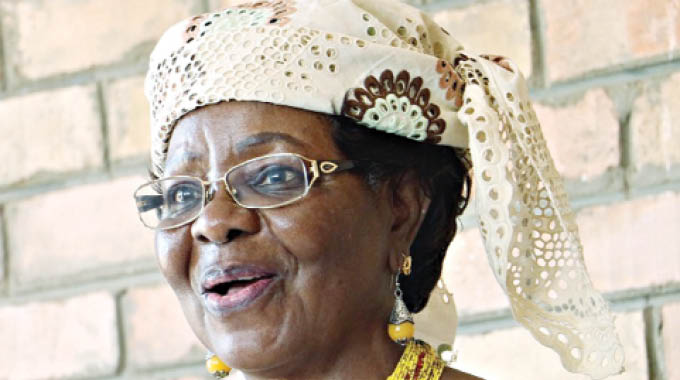Reflections on the assassination of Iranian General Suleiman by the US

Sheikh Abdullah Makwinja, Correspondent
The United States of America has a long history of seeking to assassinate leaders who challenge American interests.
The plots, some of them farcical, have generally been unsuccessful or not implemented, though some targets have fallen in later US-inspired coups.
From the late 1950s, the US was involved more or less directly in plots to assassinate several foreign leaders.
Among them was Cuba’s Fidel Castro, Congo’s Patrice Lumumba and the Dominican Republic’s Rafael Trujill. The US admitted to eight assassination attempts on Castro, though Cuba put the figure much higher, with one estimate in the hundreds. Castro said: “If surviving assassinations were an Olympic event, I would win the gold medal.”
It used to be the case that US assassination plots targeting foreign leaders were closely guarded secrets.
That may be so because such acts are widely regarded as illegal, both in international and domestic law. Alternatively, American reticence may have stemmed from a sense of shame.
After all, the resort to extra-judicial killing — put plainly, state-sanctioned murder — does not reflect well on a country that claims to be a beacon of human liberty and democracy.
Donald Trump, the current US president, different in this respect as in so many others, is evidently untroubled by such considerations. He brazenly sought credit for the assassination in Baghdad of the senior Iranian commander, Qassem Suleimani, boasting he had done the world a service. Trump claimed that an imminent attack had been foiled and that, in any case, Suleimani was responsible for the deaths of many US and allied soldiers.
He said he acted to stop a war and not to start another one.
The US confirmation of the assassination on January 2, 2020 that killed Qasem Soleimani, leader of the Islamic Revolutionary Guard Corps’ Quds Force, and associates including Abu Mahdi al-Muhandis, the deputy head of the Iraqi Popular Mobilisation Forces, was supposed to have the Trump Administration reflecting on the perilous status of the Christian remnants in northern Iraq. Christians in Nineveh province have just over the last year or so began to trickle back to communities that had been devastated first by ISIS. The forces which helped defeat ISIS over two years of fighting was led by the same Soleimani and Abu Mahdi who was also targeted by the Trump administration in the heinous attack.
General Soleimani, was not only the most popular and prominent military officer in Iran, but was also influential and respected throughout the Middle East.
He was not only popular among Muslims but among Christians and other religious ethnic groups as well.
In Iraq the religious minority called the Yazidis who were brutalised by the ISIS but later saved by Commander Soleimani felt devastated by the assassination of their protector. In Syria the Christian community held a mass in his honor because he protected them from ISIS. Soleimani would send soldiers to guard churches and Christian dominated villages and towns against ISIS. His slogan was humanity first.
The Red Letter Christians, a coalition of progressive Evangelicals, issued a statement that said, “We invite all Christians to join us in denouncing this recent act of aggression by the Trump Administration.”
In the statement, they argued that the attack on Soleimani did not meet the standards of just war theory, first put forward by the early Christian church father Augustine.
“Reckless,” “a dangerous escalation,” and “severe revenge”: These are just a few of the words coming from International leaders and politicians in the wake of the U.S. killing of Maj Gen. Qasem Soleimani.
By this assassination Trump obliterated any chance this world had for peace as he managed to plant the seed of revenge in every heart that beats for justice. Iran does not mourn alone. Make no mistake – it was not one man that was killed. It was the fragile hope of peace, of our future and that of our world that was destroyed.











Comments